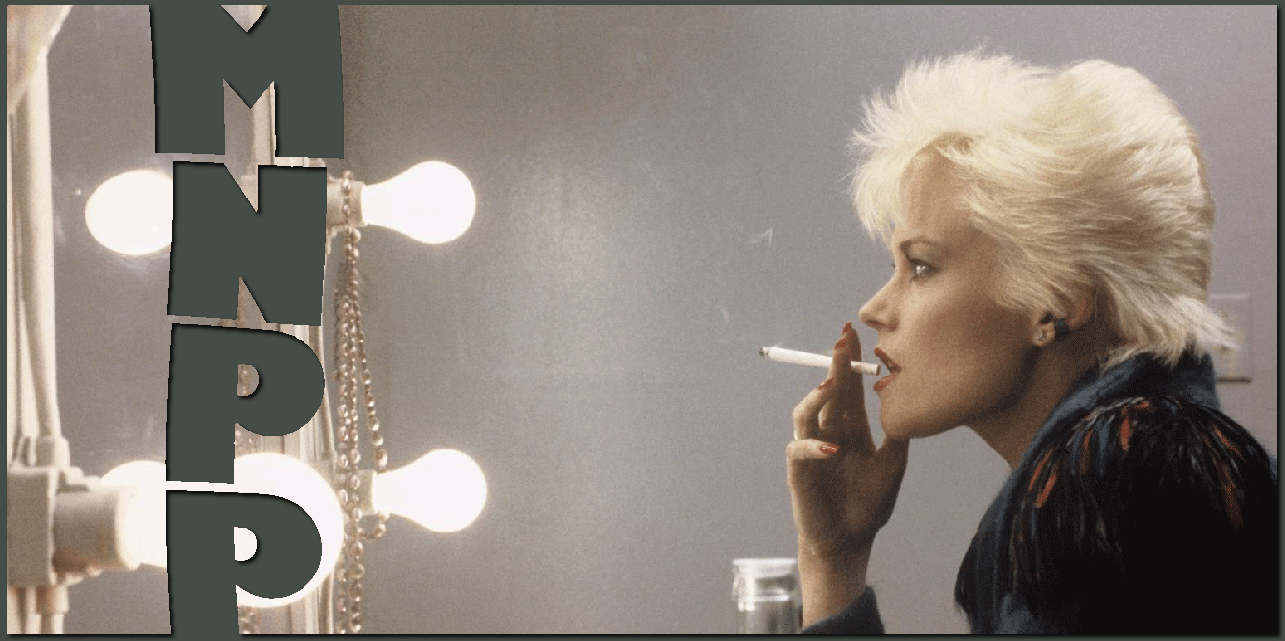.
Even though it'd gotten pretty universal praise I wasn't looking forward to Ira Sachs' Keep the Lights On - I expected a frustrating and sullen film about mopey drug addicts and the self-castigating fools who love them. What I got was a frustrating and sullen film about mopey drug addicts and the self-castigating fools who love them, but I was wrong about the not liking it part. I've seen it compared to Weekend [review] a lot (they're both deeply intimate portraits of the love affairs between two sets of fellas, often fueled by mood enhancers) but it's basically the anti-Weekend (the icy blonde to Weekend's earthy brunette) - it's set over the course of an entire relationship during several years time and not just a few days for one, but more importantly it's about disconnection rather than connection, at a basic thematic level. Long slow inevitable disconnection. The inability to really understand each other. The final scenes of both films would be interesting to compare and contrast, though - Weekend's duo and their sweet but threatened goodbye at the train station, and Keep the Lights On's semi-indifferent vague wandering apart afterthought on the street. I think that speaks to the two film's differing agendas fairly clear-like. Anyway I was definitely pulled into the awful rhythms of Sachs' story - it's sort of like quicksand; it's all really slow and delayed but as soon as there's some movement, everything sinks a little deeper.
.






































2 comments:
Really enjoyed it way more than I expected to as well. There was something about the quietness of the movie and the lack of hysterics that worked for me.
saw this last year at the KC Gay and Lesbian Film Festival. It was hard to watch but worth the discomfort of seeing the breakdown of 2 people who love each other but have to work around corrosive addictions. I suspect that it is is probably depicted realistically. I was impressed by the end--not bleak, not Hollywood, just movement into a new unknown.
Post a Comment